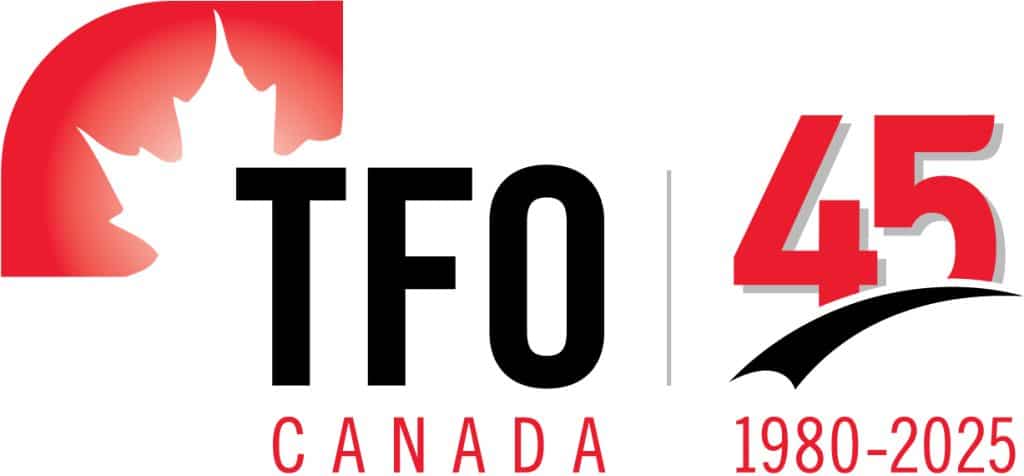Bangladesh is set to graduate from the LDC status in 2026. Recommendation made by the United Nations Committee for Development Policy (CDP) in February 2021 has already been endorsed by United Nations Economic and Social Council on 8 June 2021. The decision of graduation of Bangladesh will become effective five years after the UN General Assembly takes note of the recommendation in its current session. Thanks to the visionary and targeted policy of the present government, Bangladesh is in the rapid growth trajectory. As per CDP Triennial Review, GNI per Capita of Bangladesh has registered an increase from US$ 453 to US$ 1,827 during the period between 2009 and 2021. During the same period Human Asset Index has improved from 53.3 to 75.3, although economic vulnerability index has slightly deteriorated with an increase from 23.2 to 27.2 due to inclusion of environmental vulnerability. Bangladesh has also been upgraded to lower-middle income country from low-income country in 2015 as per World Bank’s classification. It is undeniable that international support measures in forms of preferential market access and WTO’s special and differential treatment for LDCs have significant contribution in this remarkable achievement. In fact, among the least developed countries Bangladesh is the only country, which successfully utilises the ISM, especially the preferential market access granted by the development partners. According to the estimates of the WTO, 71 per cent of Bangladesh’s global export entered into the markets of other countries enjoying DFQF market access granted for LDCs. Besides, Bangladesh also exports to India and other countries of regional groupings availing the preference granted by partner countries for LDCs. These facilities will cease to exist after 2026 when Bangladesh will graduate from LDCs, although DFQF market in the European Market under EU EBA initiatives will continue to exist till 2029. Loss of these facilities will exert pressure on competitiveness of Bangladeshi products in the world market. Naturally, Bangladesh has to take appropriate initiatives to mitigate these losses.
Read more here
